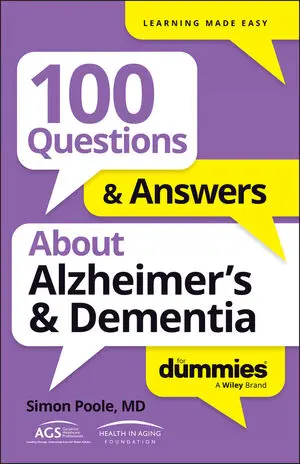Often people with dementia and AD experience day-night reversal, meaning that they tend to be awake at night and sleep during the day. Clearly this poses many risks and challenges for both the patient and the caregiver. Such alteration in sleep patterns can cause exhaustion in both.
Understanding how sleep works
Three main groups of prescription sleeping pills exist, and each has a slightly different chemical make-up:- Benzodiazepines: Hypnotics, such as clonazepam (Klonopin), diazepam (Valium), temazepam (Restoril), estazolam (Prosom), alprazolam (Xanax), and lorazepam (Ativan)
- Nonbenzodiazepines: Hypnotics, such as zolpidem (Ambien), zaleplon (Sonata), and eszopiclone (Lunesta)
- Sleep-wake cycle modifiers: Ramelteon (Rozerem)
Doctors sometimes prescribe other medicines that aren't officially sleep aids but cause sleepiness as a side effect. Some of them are antidepressants, such as trazodone. Others are over-the-counter antihistamines, such as diphenylhydramine, which is the PM component in all the over-the-counter medications that are marketed to help sleep, such as Tylenol PM. All these drugs can have significant side effects (called anticholinergic side effects) of increased hangover drowsiness the next day, confusion, dry mouth, constipation, and urinary retention, however, so they shouldn't be used in older people, especially those with dementia.
Finally, melatonin is a naturally occurring hormone made by the pineal gland in the brain. It's involved in sleep-wake cycles and the regulation of the body clock. A dose of melatonin taken an hour before bedtime can help trigger sleep. It's available over the counter as a supplement. Melatonin can sometimes cause grogginess in the morning as well as vivid dreams, but many people find it to be a useful and non-addicting sleeping aid.
Knowing when doctors prescribe sleeping pills
Sleeping pills are a last resort for treating sleep disturbances and are meant only for short-term use. So doctors only consider prescribing them when patients have tried and failed to improve sleep with simple measures like increasing daytime activity, cutting down on napping, reducing daily caffeine intake, and taking bright-light therapy (which involves using light boxes to reinforce a person's sense of day with light thereby helping them to sleep at night).Being aware of the side effects and risks
Sleeping pills are notoriously addictive, and as a result, no one should take them for more than two weeks at a time. So they're not a long-term solution to nighttime problems.The drowsiness effect of all sleep aids and sleeping pills can make incontinence and toileting mishaps more likely (especially in those with dementia who may already have incontinence difficulties). They can put people in danger of having falls because of unsteadiness. They can also suppress breathing, so people with lung diseases or sleep apnea shouldn't take them.






